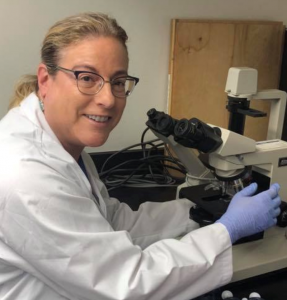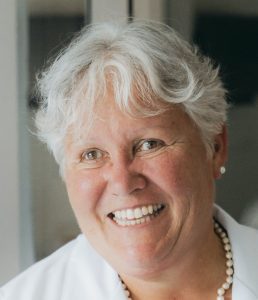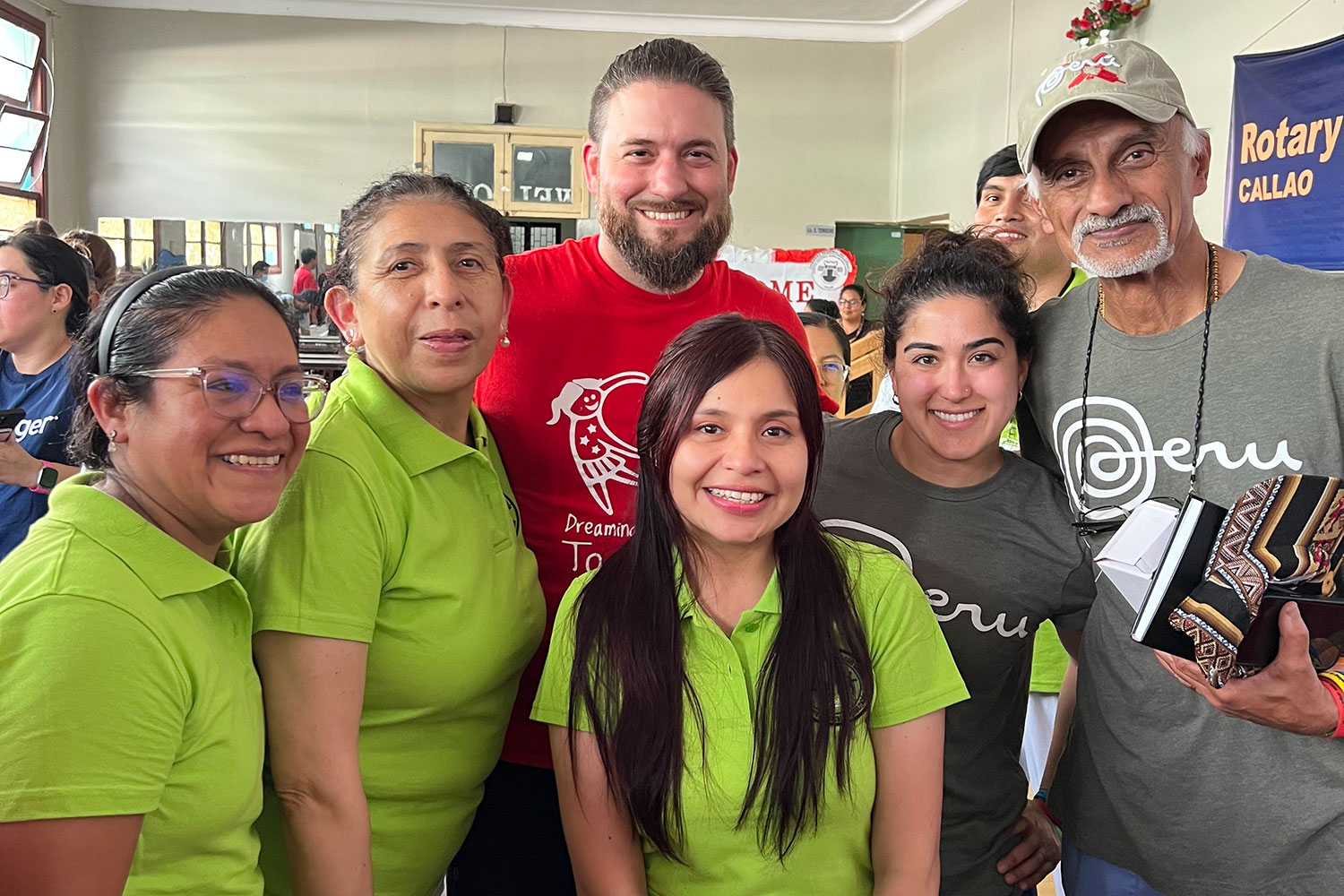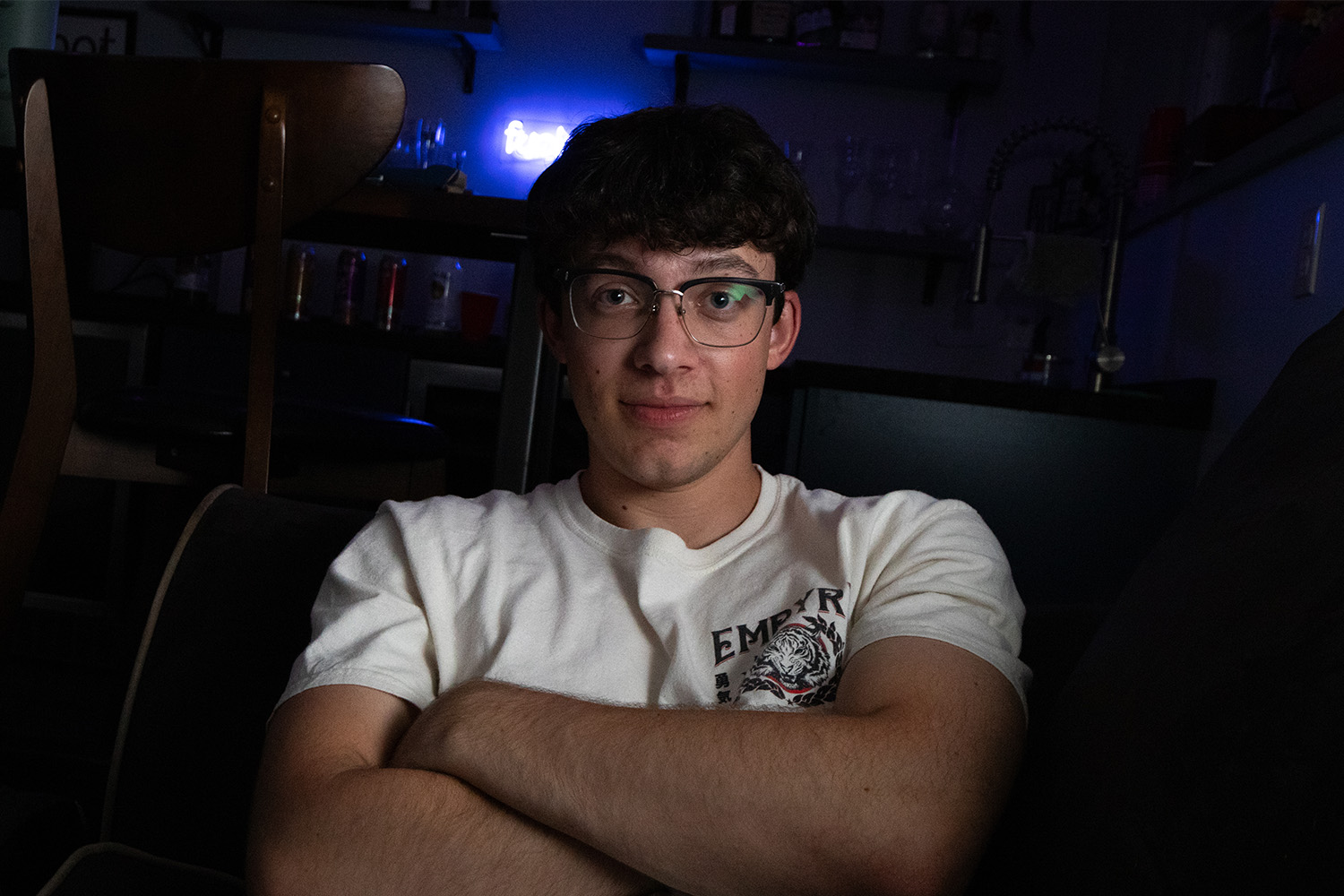This fall, the UConn School of Nursing is welcoming four new tenure-track and four new clinical faculty members. They join the School at a time when preparing its students to care for the local and global communities is more important than ever.
Meet the newest members of the School of Nursing faculty:
Katherine Bernier Carney

Bernier Carney ’18 MS, ’19 Ph.D. is one of the School of Nursing’s newest assistant professors.
A pediatric nurse, Bernier Carney completed her doctorate as a Robert Wood Johnson Future of Nursing Scholar, examining the role of psychological stress in the development of persistent pain. She then trained as a T32 Postdoctoral Fellow at the University of Utah College of Nursing, focusing on cancer, caregiving, and end-of-life care research. Before pursuing her baccalaureate degree in nursing, she received a bachelor’s in public health sciences from the University of Massachusetts. Her nursing background is in pediatric acute care and hematology/oncology.
The primary goal of Bernier Carney’s research is to improve the symptom care of children and adolescents receiving treatment for cancer. Her work is positioned at the intersection of symptom science, pediatric oncology, and family-centered care. She says she is particularly interested in using patient-centered clinical data to understand symptom care patterns and develop interventions to prepare family members in providing high quality supportive care for their children across the cancer treatment trajectory.
“As an educator, my overall goal is to help students to communicate more effectively, advance critical thinking skills, and develop an ethical awareness of how their choices impact patient care and public health,” she says. “I enjoy mentoring undergraduate and graduate students in research projects and serve as a peer reviewer for several scientific journals.”
Sharon G. Casavant

Funded by the National Institutes of Health, Casavant’s research focuses on epigenetic alterations, such as gene expression and telomere length, in preterm infants that result from repeated painful procedures and may negatively influence neurodevelopment. She is currently broadening her research focus, investigating heritability of racial stress between parents and preterm infants via telomere length. As such, her long-term research interests involve the development of a comprehensive understanding of the interactions between genes and environment in Black mother-preterm infant dyads.
“My enthusiasm for nursing science is grounded not only upon scientific research but also in teaching and mentoring,” Casavant ’15 (NURS), ’18 MS, ’19 Ph.D. says. “I hope to impart that our knowledge of the living world is not a static list of facts to memorize but is made up of very crucial and intricate elements that keep us functional. As a teacher, I encourage future nurse scientists, health care providers, and policymakers to be excited, engaged, and motivated to learn more.”
Committed to serving the nursing community both nationally and internationally, she serves as a research committee member for the National Association of Neonatal Nurses and the International Society of Nurses in Genetics. Casavant is an abstract reviewer for the Council for the Advancement of Nursing Science and Eastern Nursing Research Society. She is also a peer reviewer for the following scholarly journals: Acta Paediatrica, Journal of Neonatal Nursing, Frontiers in Psychology, Journal of Pediatric Nursing, Biological Research in Nursing, Psychoneuroendocrinology, and British Medical Journal, Pediatrics.
Jean Sheerin Coffey

Coffey ’16 Ph.D., a clinical professor, has dedicated her 44-year career to working with children and families. Her clinical work, leadership roles, teaching, and research have focused on children with chronic health care needs and their families. She was a member of a team funded by the Katie Beckett grant that created the first pediatric high-tech home care program in Vermont. Her publication, “Parenting a Child with Chronic Illness; A Meta synthesis,” continues to be cited by researchers across the globe. She co-authored the first prospective study examining emergencies in pediatric primary care offices, published in Pediatrics in 2000. As part of a national Children in Nature advisory board, she contributed to the creation of one of the original nature prescriptions and went on to study the use of the prescription by primary care providers.
Michelle Cole

Cole is an award-winning, innovative education leader, a former program director and former chair of academic standards and global programs. With over a decade of teaching experience in higher education and more than 20 years of direct care experience, she joins the School as an associate clinical professor. She is adept at evaluating, encouraging and motivating faculty and students and mentoring the next generation of nurses. Her scholarship focuses on nursing education, simulation, pediatric nursing, and child health care needs. She earned her DNP at the University of Massachusetts, her Master of Science in nursing from the University of Hartford, and her Bachelor of Science in nursing degree from St. Joseph College (now University). Previously, she was the community outreach liaison for the School of Nursing, coordinating COVID-19 vaccination efforts.
Eileen Condon

After studying and completing a postdoctoral fellowship at the Yale School of Nursing, Condon is joining UConn as an assistant professor. Her research focuses on understanding intergenerational transmission of childhood adversity and protective factors among socioeconomically marginalized families.
“Inspired by my background as a family nurse practitioner working with underserved communities, the goal of my program of research is to identify novel targets for intervention to promote heath and reduce health inequities among marginalized families,” Condon says. She incorporates biological, behavioral, and genetic approaches, including examining the roles of sleep, mental health, parenting, inflammation, the gut microbiome, and gene-environment interactions in the intergenerational transmission of toxic stress.
Condon is currently funded by a K99/R00 Pathway to Independence Award from the National Institute of Nursing Research (NINR) of the National Institutes of Health. Her past research has also been funded by NINR, the American Nurses Foundation, the NAPNAP foundation, and numerous other foundation grants. She earned her Bachelor of Science in nursing from Villanova University in 2008, and her Master of Science and Ph.D. from the Yale School of Nursing in 2012 and 2018, respectively.
Brenda McNeil

McNeil is a nationally certified family nurse practitioner with 25 years of experience in primary care with a focus on underserved populations, 10 years in clinical precepting, and seven years teaching in graduate nursing education. An assistant clinical professor, she serves on the National Organization of Nurse Practitioner Faculties Preceptor Committee. Since 2016, she has been a program manager on ANE/ANEW grants, working directly with nurse practitioner students in classroom/clinical settings and directly with clinical preceptors involving precepting skills, recruitment, and retention. In this role, she identified a gap in preceptor development and clinical teaching needs of nurse practitioner preceptors. She and her colleagues surveyed preceptors at a national nurse practitioner conference. The published results have informed preceptor training and support programs at UConn.
Jessica Palozie

As an educator and practicing clinician for over a decade, Palozie ’10 MS, ’21 DNP aligns with the Benner and Bandura teaching philosophies; the student’s level of learning is fundamental to tailoring the education. Moreover, leading by example and instilling confidence in student nurses is essential for skills and knowledge development. Nurses confront challenges with difficult decisions in a very different health care landscape. Therefore, the inherent importance of evidence-based practice must guide clinical thinking. Her research focus aims to explore the adoption of EBP beliefs and attitudes in associate-prepared nurses. Another clinical interest she wishes to pursue is investigating the screening of infertility in primary care.
Christina Ross
Ross has joined the School as an assistant professor, following the completion of her Ph.D. at the University of Virginia and a postdoctoral fellowship at the University of Minnesota.

She brings a unique cultural lens to addressing health disparities based on her experience working in Guyana, Antigua, St. Kitts and Nevis, Guatemala, and South Africa. Her teaching goals aim to promote an inclusive learning environment to effectively prepare future nurses to care for diverse patient populations.
Ross’ research focuses on understanding how youth-serving professionals can address adolescents’ sexual and reproductive health (SRH) needs, promote their positive development by using their internal and external assets, and significantly lower the rates of sexually transmitted infections and unintended pregnancies. Her interest involves health promotion and risk reduction among vulnerable adolescents locally and globally, SRH, and health disparities. Her goal is to develop culturally sensitive trauma-informed interventions to address the elevated rates of STIs and unintended teenage pregnancy that affect youth of color and ensure vulnerable youth have equal access to quality health care.
Ross has a passion for global health and was the 2018 NIH Minority Health International Research Training Grant Scholar. She mentored undergraduate students from the United States and South Africa and researched alcohol use and its impact on SRH and relationships among young adults in South Africa. Her most recent study examined female adolescents’ perspectives regarding their SRH needs while in foster care.
Follow the UConn School of Nursing on Facebook, Instagram, Twitter, or LinkedIn.



